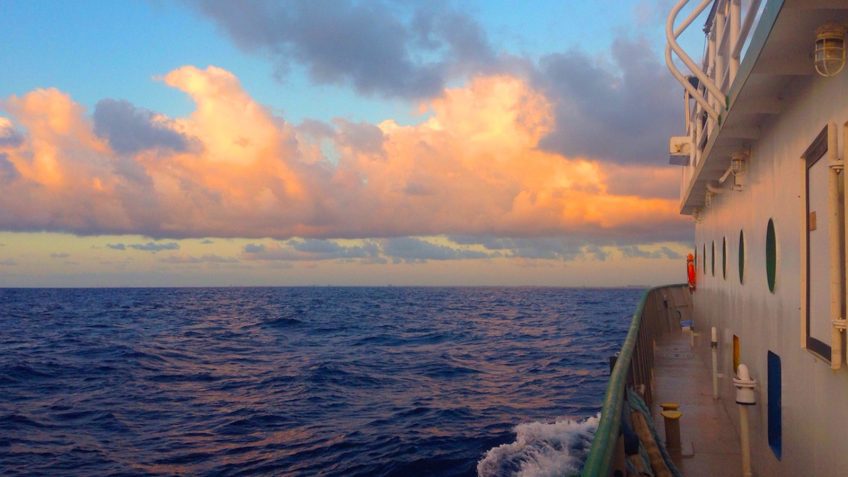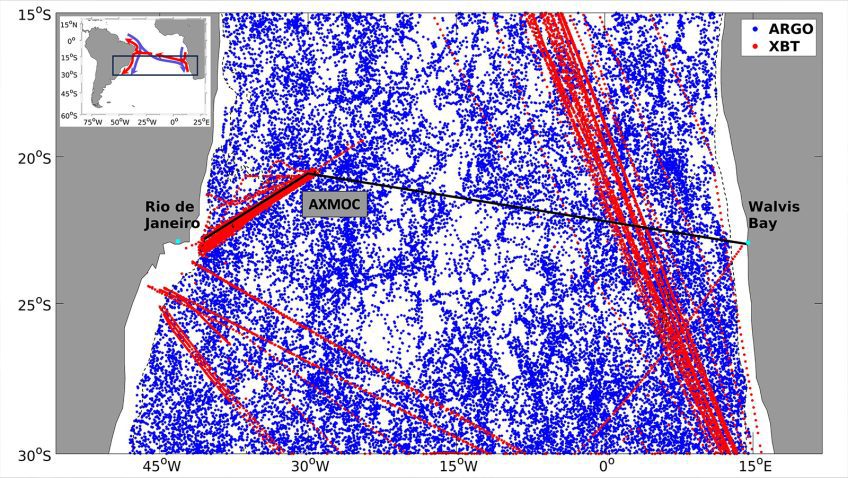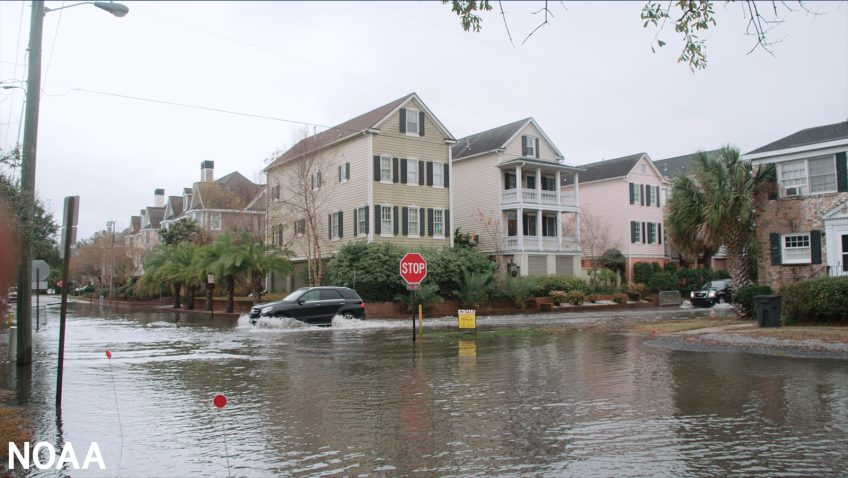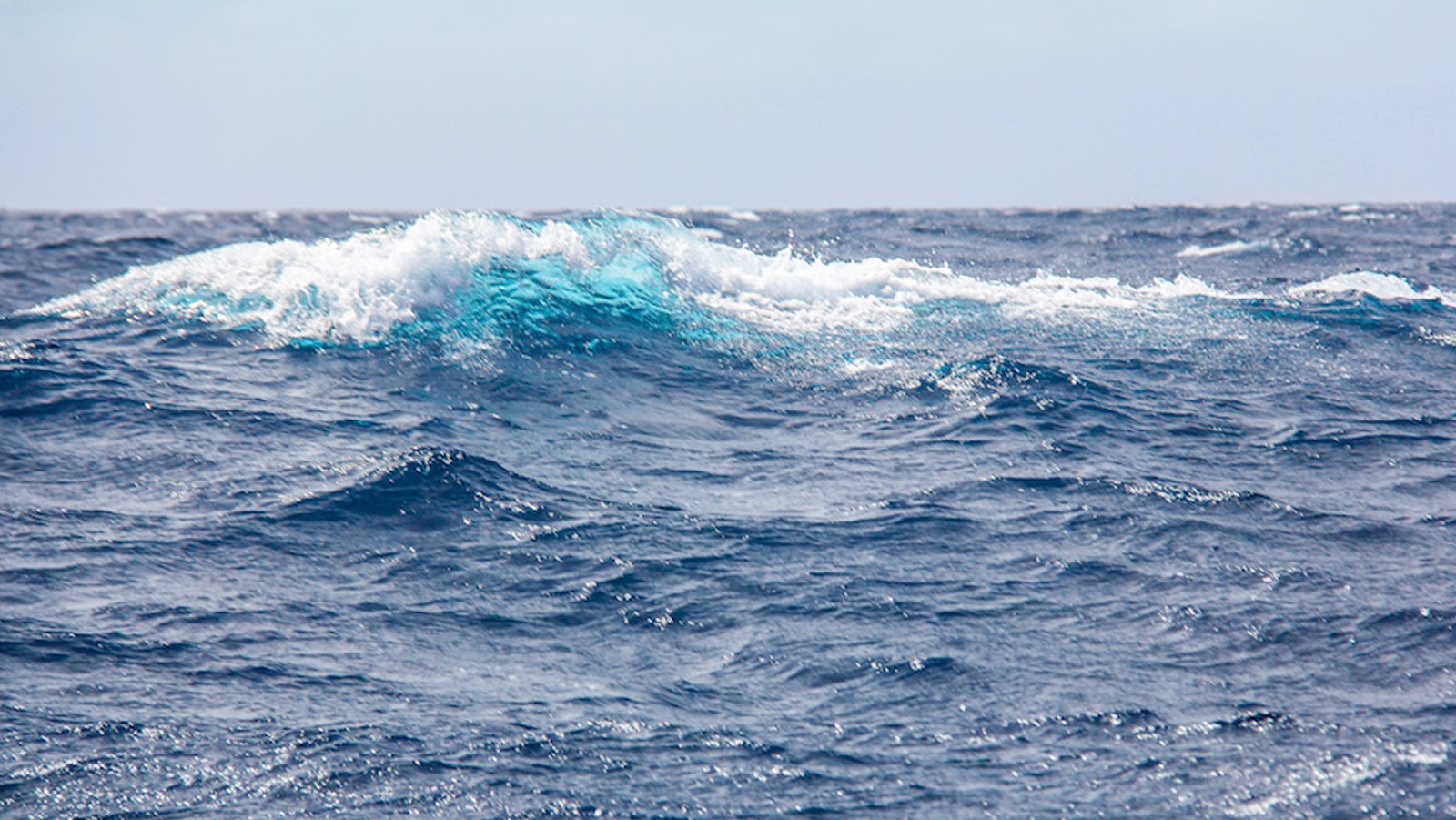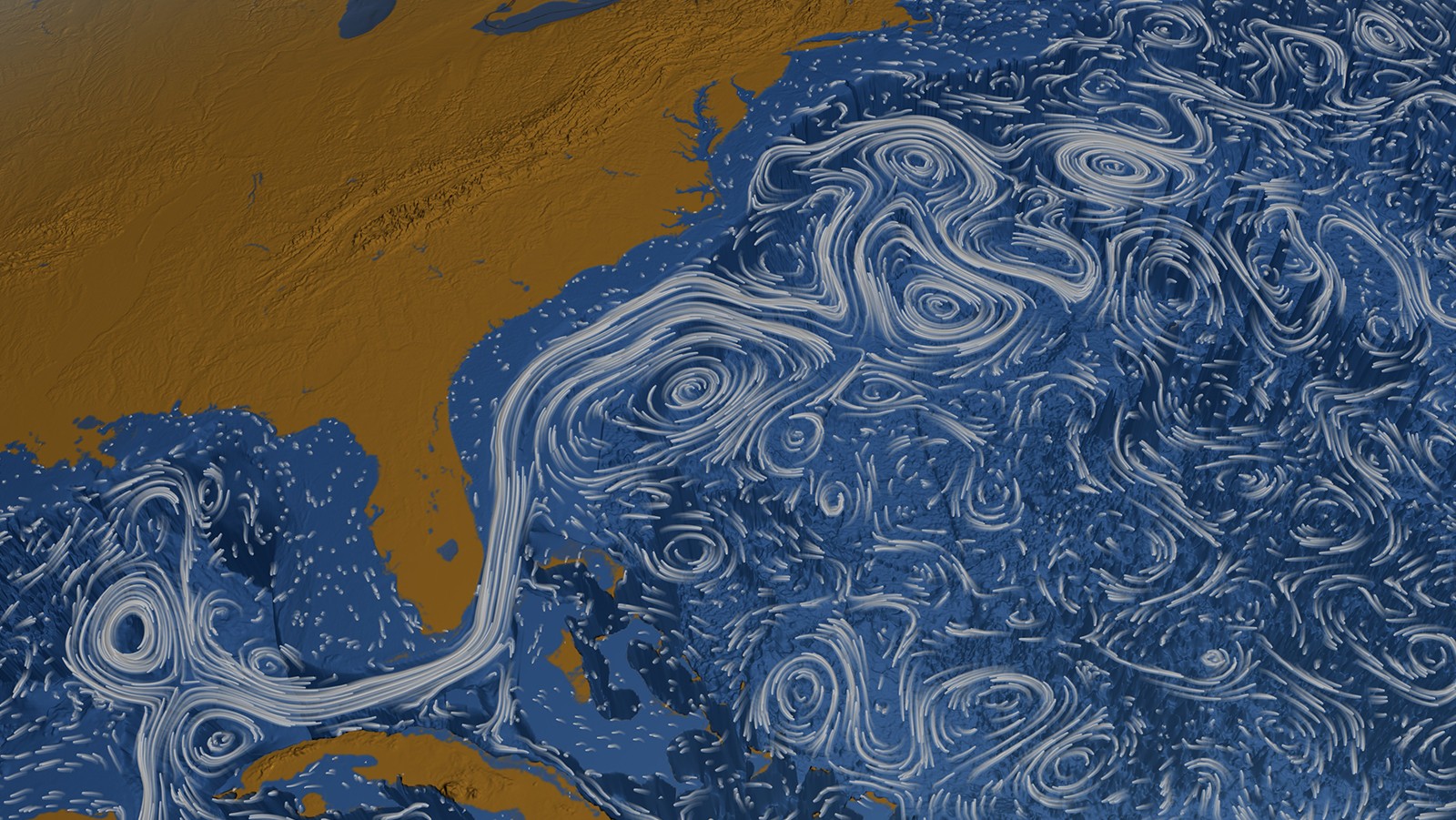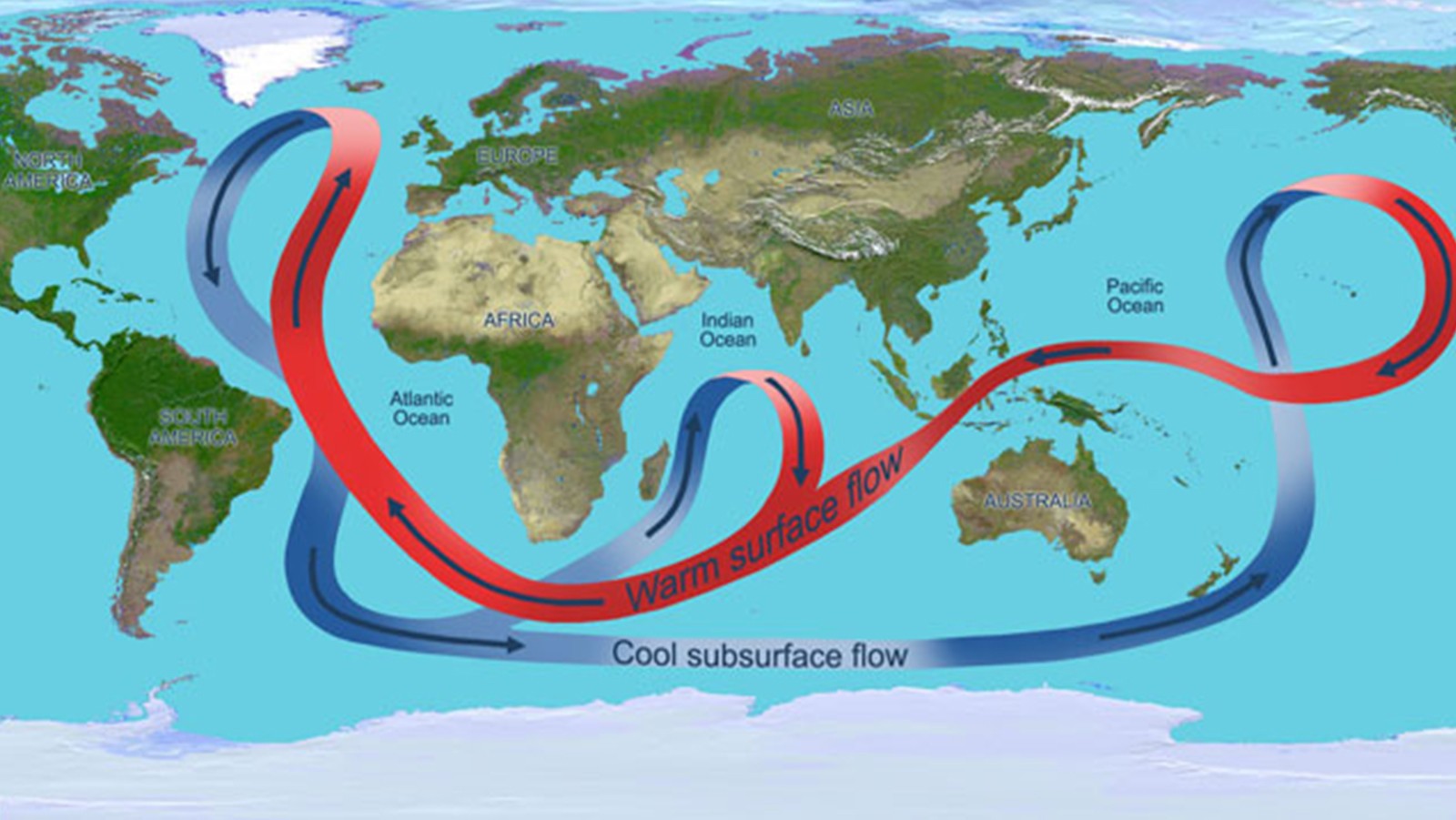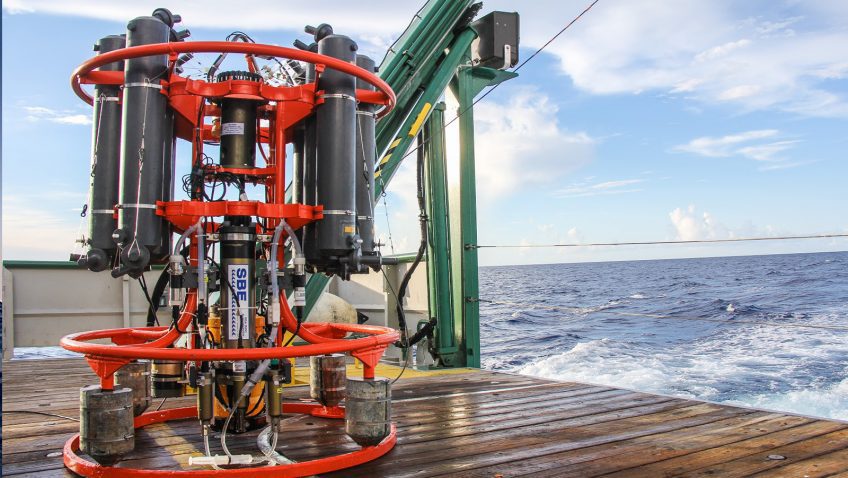Ensuring continuity: A new method for Florida Current transport observations
The flow of the Florida Current, one of the most powerful ocean currents in the world, has been measured by a submarine telecommunications cable between Florida and the Bahamas since 1982. Unfortunately, this record was interrupted in November 2023 due to a mechanical failure of the cable. Building on prior research, a new study presents an alternative method to continue providing the Florida Current daily transport estimates until the cable can be repaired.
